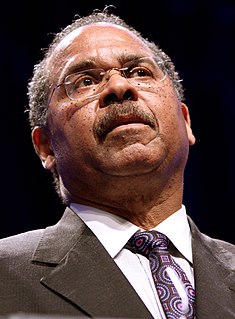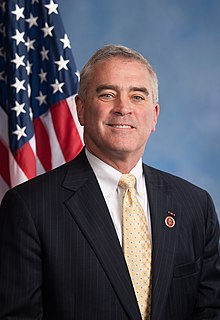A Quote by W. Allen Wallis
It is doubtful that the government knows much more than the public does about how government [Economic] policies will work.
Related Quotes
The left wants you to believe that true morality is defined by how much money you give the government, how much money you pay the government, how much money the government gets from you, because only the government does good stuff, only the government does good works, only the government cares about people. It's bogus.
When people abuse these freedoms to enrich themselves at the expense of others, then the public will demand the government to step in. That is how government grows, and how freedom is diminished.... When financial meltdowns occur, the public's outrage drives government to take over part of the private sector. When the government does so, it replaces irresponsible executives with unaccountable bureaucrats. That takes us out of the frying pan and into the fire.
One of the reasons some of the advocates of ever larger government and more government intrusiveness get nervous about discussions of the actual cost of government is that they fear if the people had a discussion about what government costs, the true cost of taxes, that they might not want as much government as they are presently getting.
When government does, occasionally, work, it works in an elitist fashion. That is, government is most easily manipulated by people who have money and power already. This is why government benefits usually go to people who don't need benefits from government. Government may make some environmental improvements, but these will be improvements for rich bird-watchers. And no one in government will remember that when poor people go bird-watching they do it at Kentucky Fried Chicken.
Americans' liberty is perishing beneath the constant growth of government power. Federal, state and local government's are confiscating citizens' property, trampling their rights, and decimating their opportunities more than ever before.... American liberty can still be rescued from the encroachments of government. The first step to saving our liberty is to realize how much we have already lost, how we lost it, and how we will continue to lose unless fundamental political changes occur.





































